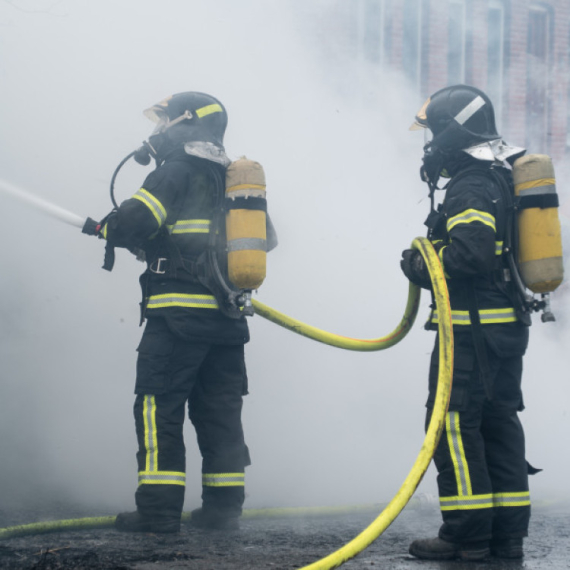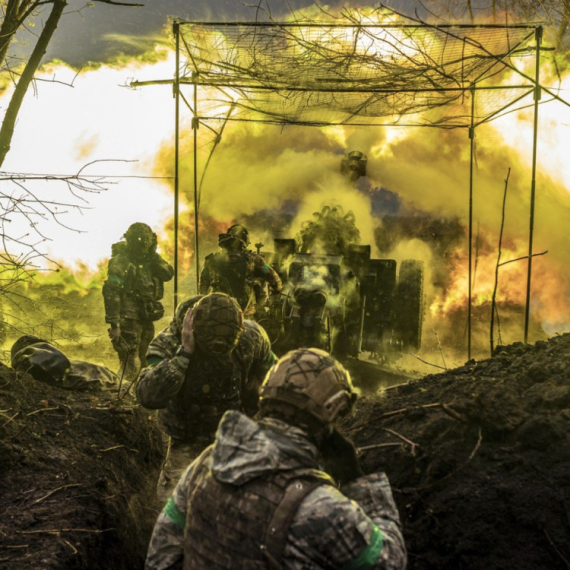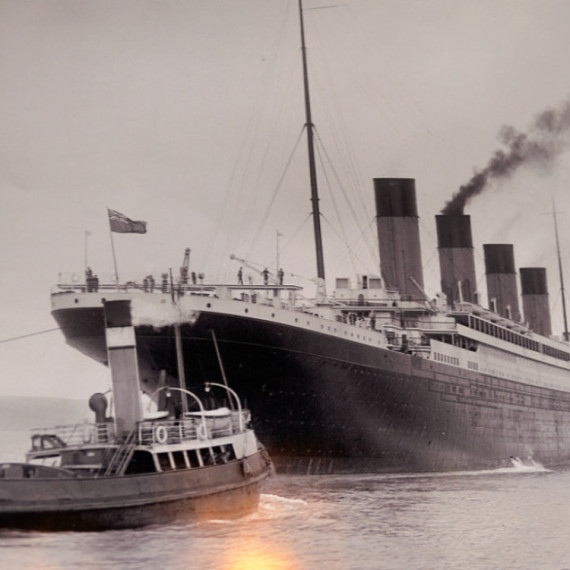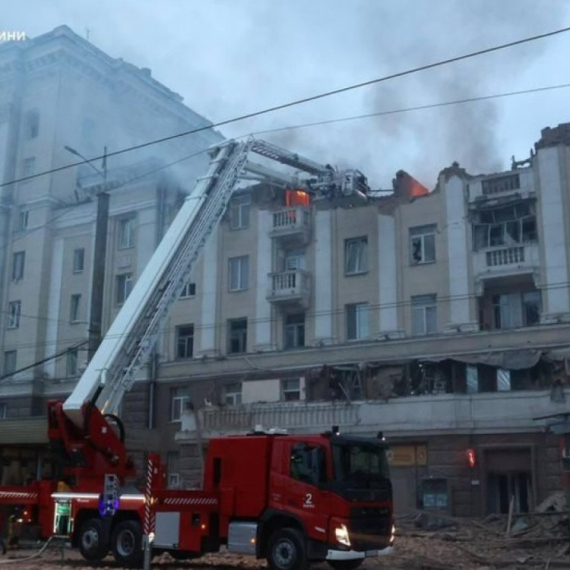State Department: Kosovo is heroin transit route
Kosovo is a transit route for Afghan heroin on its way to the EU and it has a growing narcotics problem, the U.S. State Department said in a report.
Friday, 04.03.2011.
12:13

Kosovo is a transit route for Afghan heroin on its way to the EU and it has a growing narcotics problem, the U.S. State Department said in a report. The 2011 International Narcotics Control Strategy Report has been sent to the U.S. Congress. State Department: Kosovo is heroin transit route “Kosovo faces challenges in combating narcotics trafficking due to porous borders and corruption among the Kosovo Border Police (KBP) and Customs officers,” it is said in the report. The State Department adds that the Kosovo police “continue their efforts to combat the drug trade, but they possess limited resources, and counternarcotics are a low priority.” According to the report, Kosovo is not a significant narcotics producer. “Kosovo is primarily a transit country for Afghan heroin transiting from Turkey and for cocaine and marijuana coming through the Albanian and Montenegrin ports destined for Europe. The drugs are re-packaged at unknown sites within Kosovo into smaller amounts and then further transported in vehicles destined for European Union cities,” it is said in the report. The State Department points out that “larger-scale drug arrests by Kosovo police and Kosovo Customs officials occur infrequently given the reported scale of drug smuggling” and that “there are credible allegations of corruption among KBP and Customs officers on the borders.” “Due to the issue of statehood status and a sense of mistrust in the Kosovo police, there has been hesitation by surrounding countries to conduct joint investigations with Kosovo authorities,” the State Department stressed in its report. According to the report, narcotics consumption in Kosovo is on the rise. “Levels of narcotics consumption among teenagers and university-aged young adults, the primary users, are close to those in most Western European countries,” the report reads. “There are no reliable estimates of the number of drug users, but UNICEF places the figure at around 20,000. Of this number approximately, 5, 000-6, 000 are dependent intravenous drug users,” the State Department pointed out. Drug users in Kosovo mostly use heroin but the use of cocaine is also on the rise and its price is decreasing in the local market. The report points out that “it is difficult to estimate the extent to which corruption in Kosovo influences drug trafficking.” “Typical cases reportedly involve officers turning a blind eye to narcotics trafficking or accepting bribes to allow narcotics to pass through borders,” says the report, adding that “there are allegations that politicians and organized crime figures influence case investigations and the progress of cases through the justice system.” The State Department says that the U.S. supports the efforts Serbian government has invested in combat against drug smuggling and gives positive evaluation of the country's contribution to the development of regional police cooperation. “The U.S. will continue to support efforts of the Serbian police forces against drug smuggling in the country and in the region,” it is said in the report.
State Department: Kosovo is heroin transit route
“Kosovo faces challenges in combating narcotics trafficking due to porous borders and corruption among the Kosovo Border Police (KBP) and Customs officers,” it is said in the report.The State Department adds that the Kosovo police “continue their efforts to combat the drug trade, but they possess limited resources, and counternarcotics are a low priority.”
According to the report, Kosovo is not a significant narcotics producer.
“Kosovo is primarily a transit country for Afghan heroin transiting from Turkey and for cocaine and marijuana coming through the Albanian and Montenegrin ports destined for Europe. The drugs are re-packaged at unknown sites within Kosovo into smaller amounts and then further transported in vehicles destined for European Union cities,” it is said in the report.
The State Department points out that “larger-scale drug arrests by Kosovo police and Kosovo Customs officials occur infrequently given the reported scale of drug smuggling” and that “there are credible allegations of corruption among KBP and Customs officers on the borders.”
“Due to the issue of statehood status and a sense of mistrust in the Kosovo police, there has been hesitation by surrounding countries to conduct joint investigations with Kosovo authorities,” the State Department stressed in its report.
According to the report, narcotics consumption in Kosovo is on the rise.
“Levels of narcotics consumption among teenagers and university-aged young adults, the primary users, are close to those in most Western European countries,” the report reads.
“There are no reliable estimates of the number of drug users, but UNICEF places the figure at around 20,000. Of this number approximately, 5, 000-6, 000 are dependent intravenous drug users,” the State Department pointed out.
Drug users in Kosovo mostly use heroin but the use of cocaine is also on the rise and its price is decreasing in the local market. The report points out that “it is difficult to estimate the extent to which corruption in Kosovo influences drug trafficking.”
“Typical cases reportedly involve officers turning a blind eye to narcotics trafficking or accepting bribes to allow narcotics to pass through borders,” says the report, adding that “there are allegations that politicians and organized crime figures influence case investigations and the progress of cases through the justice system.”
The State Department says that the U.S. supports the efforts Serbian government has invested in combat against drug smuggling and gives positive evaluation of the country's contribution to the development of regional police cooperation.
“The U.S. will continue to support efforts of the Serbian police forces against drug smuggling in the country and in the region,” it is said in the report.






































Komentari 33
Pogledaj komentare